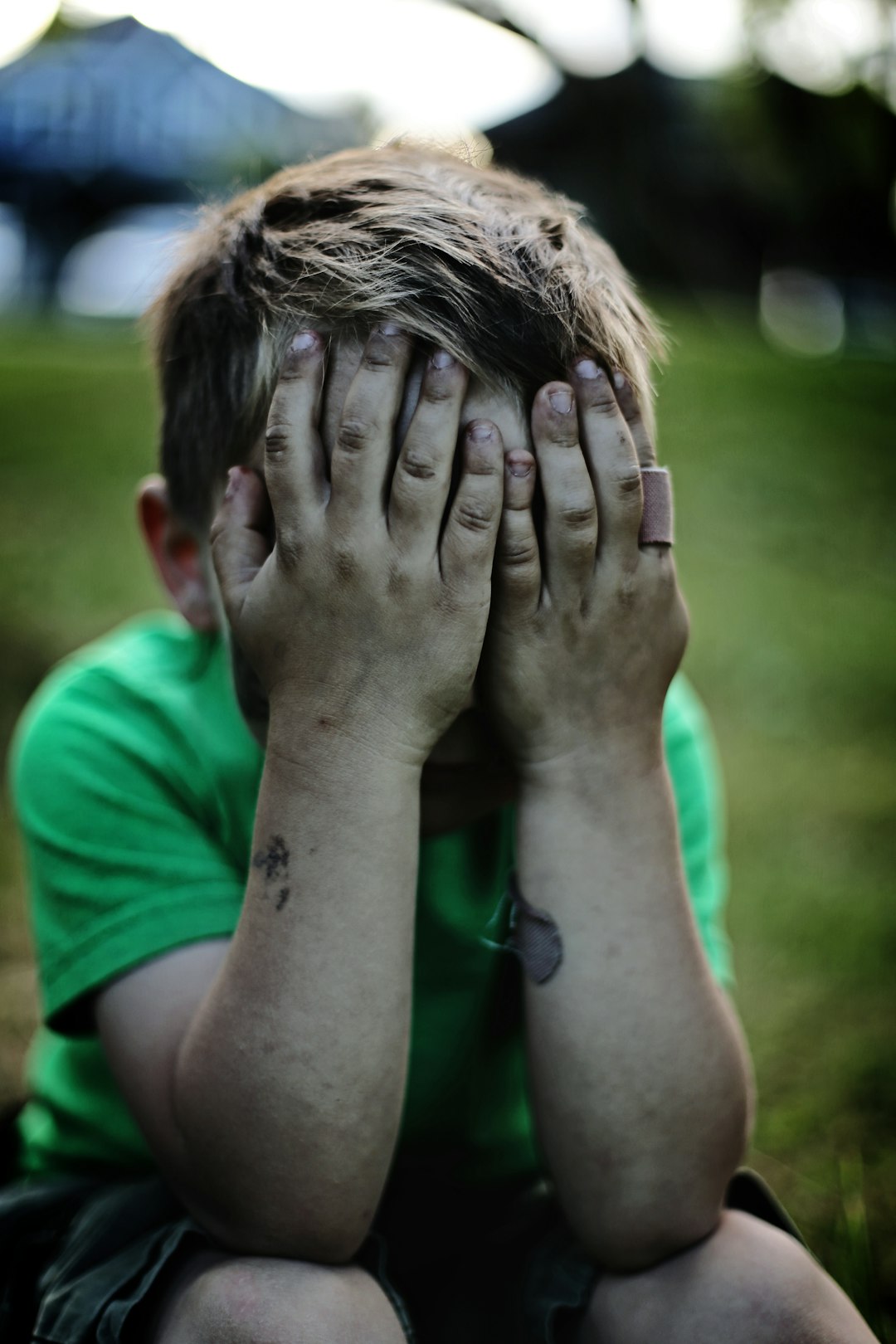

Your child’s privacy is worth more than likes
source link: https://www.theprivacywhisperer.com/p/your-childs-privacy-is-worth-more
Go to the source link to view the article. You can view the picture content, updated content and better typesetting reading experience. If the link is broken, please click the button below to view the snapshot at that time.
Your child’s privacy is worth more than likes
Some parents love to share pictures and videos of their children online. Pictures of the newborn baby or that first smile; a video with the first steps, the first visit to the swimming pool, parties, trips, family moments; then perhaps posts with funny stories, intriguing questions and even sensitive conversations, such as a teenager revealing to the parent that they are non-binary. This behavior even has a name: sharenting, or documenting your child’s life online.
It is everywhere, and as people notice that posts about children perform well on social media, resulting in more likes, comments and shares, they continue this behavior. The additional dopamine hit that comes with every positive interaction on social media seems almost irresistible, and “if everybody else is doing it, there is surely nothing wrong with it.”
I am a mother of three kids, also a lawyer and currently doing my PhD in privacy and data protection. Perhaps before being a mother, or before studying privacy more deeply, all these issues would have seemed very trivial and untroubling to me. However, today I see it very differently. When parents share about their kids online, in almost all cases I can think of, they are doing it for themselves, not for the child’s benefit. Instead of sharing a memorable occasion with the child — celebrating or having a unique parent-child moment privately or with an intimate circle (one that would reflect real-life connections), the parent decides to show it to a much broader audience online. And in sharing this moment online, the social media currency applies: the cuter the picture, video or post, the higher the number of likes and comments it receives. And it feels good for the author of the post.
Social media companies, these corporate giants that have so much influence in today’s culture and the way we connect with each other, are the ones normalizing oversharing and benefiting from it. More personal data being uploaded by users means more profit for them, as advertising profiles are more precise, there is more consumption of ads in the platform, and the “online sharing” culture is fed to keep the endless cycle going.
I am not here to dictate what good parenting should look like or what is the healthy amount of online sharing. But I would like to suggest that a good number of parents are so caught up in the “posting-dopamine” cycle (fostered by the social networks themselves) that they forget what is behind all this: they are giving their children’s privacy away for something as trivial as likes.
First, there is the matter of lack of consent, as children are sometimes too small to understand what is going on, and even when they can understand and consent, they are not consulted by the parent. But it is perfectly possible that a few years from now the child will be very unhappy to discover that so many private moments were shared online by the parent. Remember that we, the parents, are from a different generation, and what we find acceptable and cute, they might see as inexcusable and creepy. Whatever is uploaded online, even only “for friends,” has the potential to be circulating forever, as it takes only one screenshot or re-upload for that.
Second, there are serious privacy and security issues involved in sharing anything about a child or teenager online, including identity fraud, exposing the child to predators and cyberbullying. Depending on the age of the child, there could emerge mental health and trust issues with a parent who cannot respect the child’s boundaries and intimate wishes.
The bottom line, in my view, is that parents should be more self-aware about the posting-dopamine cycle established by social networks (for their own profit), the privacy and security risks involved, and the possible consequences of the lack of consent from the child. They should consider the following questions: does it make sense to post it online instead of celebrating it privately with my child or face-to-face with friends? Will my child benefit in any way from my post? Can I post it without exposing my child? A few years from now, will my child be happy to discover that I posted this? Would I be happy to know that my parents were sharing all about me with strangers or distant friends?
Being a parent is not easy and technology brings additional challenges that we must try to navigate. This is such an important topic and there is so much to talk about it. I would love to hear what other challenges you have encountered yourself while dealing with your children’s privacy.
✅ Before you go:
Did someone forward this article to you? Subscribe to The Privacy Whisperer and receive this weekly newsletter in your email.
For more privacy-related content, check out The Privacy Whisperer Podcast and my Twitter, LinkedIn & YouTube accounts.
At Implement Privacy, I offer specialized privacy courses to help you advance your career. I invite you to check them out and get in touch if you have any questions.
See you next week. All the best, Luiza Jarovsky
Recommend
About Joyk
Aggregate valuable and interesting links.
Joyk means Joy of geeK
